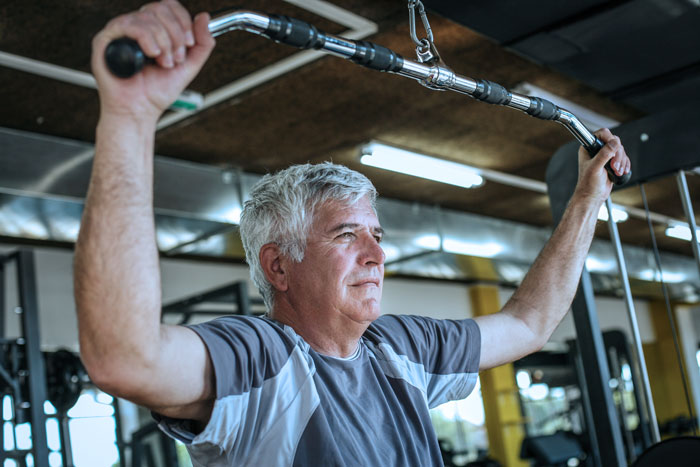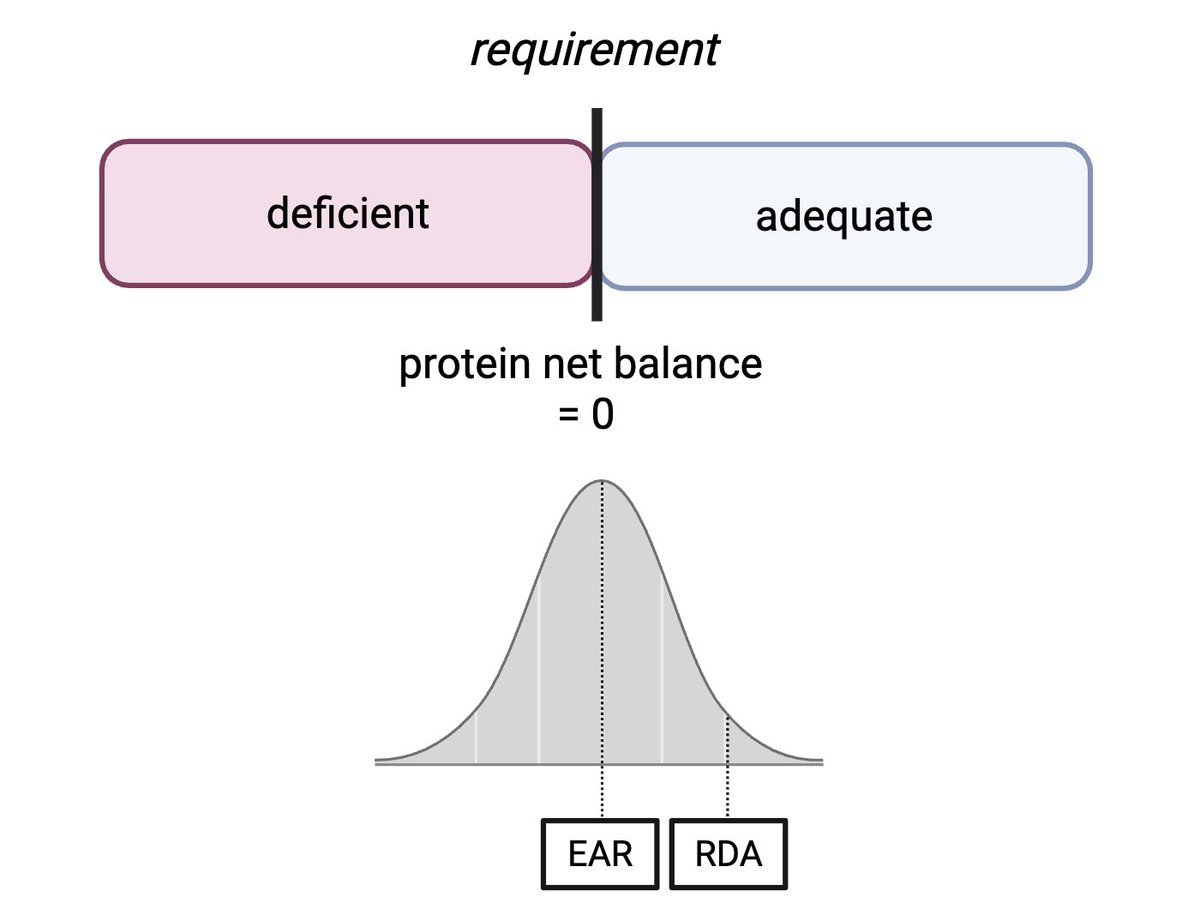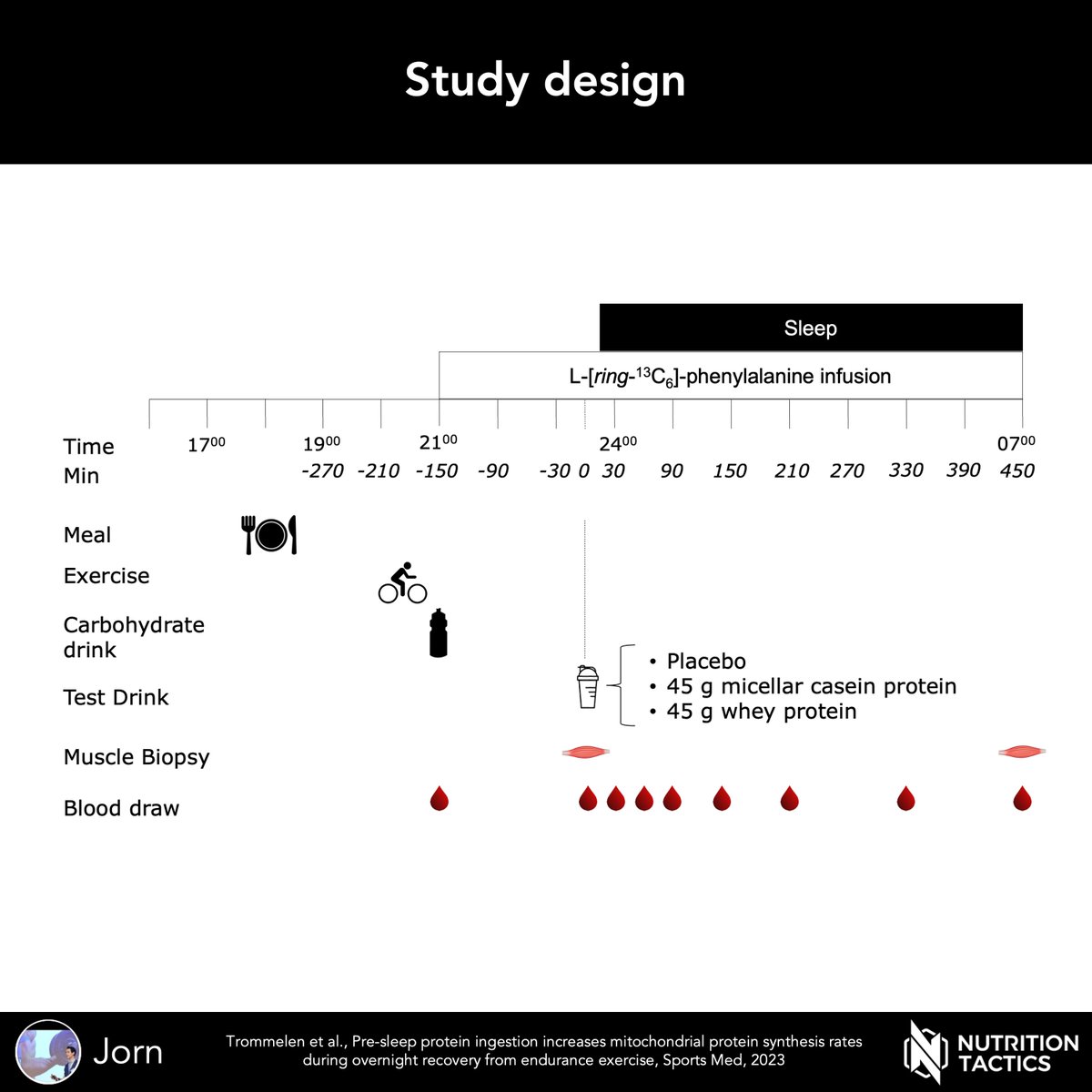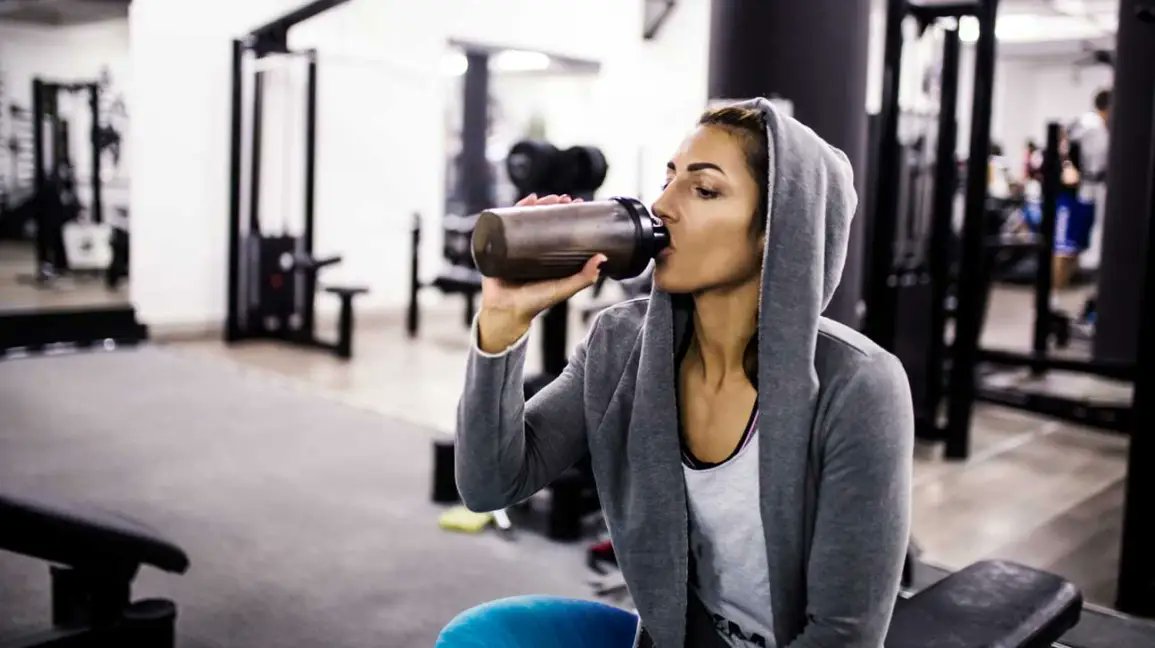Can resistance training counteract the adverse effects of androgen deprivation therapy?
A thread 🧵👇
#resistancetraining #prostatecancer #ADT
A thread 🧵👇
#resistancetraining #prostatecancer #ADT

Prostate cancer is one of the most common types of cancer. An effective treatment is androgen deprivation therapy (ADT), which lowers testosterone levels to castration levels. However, such low testosterone levels tend to result in a loss of muscle mass and strength.
2/
2/

Our study investigated the effect of resistance training with or without protein supplementation on muscle mass and strength in prostate cancer patients undergoing ADT.
3/
3/

Subjects were divided into 3 groups:
1) ADT control group
2) ADT + resistance training
3) ADT + resistance training + protein supplementation
4/
1) ADT control group
2) ADT + resistance training
3) ADT + resistance training + protein supplementation
4/
Resistance training was a 20-week supervised program (2 sessions per week). Protein supplementation was 31 g whey protein provided after each training session and every night before sleep.
5/
5/

Muscle mass was determined with CT (quadriceps cross-sectional area) and muscle strength with 1 repetition maximum tests.
6/
6/

As expected, muscle mass (-2%) and strength (-5%) decreased in the ADT control group. Resistance training completely counteracted the loss and even increased muscle mass (+3%) and strength (+15%), with no additional effect of protein supplementation.
7/
7/
These findings suggest that muscle mass and strength gains can be made even with very low testosterone levels.
8/
8/
In conclusion, resistance training can overcome the adverse side effects of ADT on muscle mass and strength with advanced prostate cancer.
Our study:
pubmed.ncbi.nlm.nih.gov/36534950/
Did you find this useful? Please help promote the first tweet of the thread:
Our study:
pubmed.ncbi.nlm.nih.gov/36534950/
Did you find this useful? Please help promote the first tweet of the thread:
https://twitter.com/JornTrommelen/status/1628786811634958337?s=20
• • •
Missing some Tweet in this thread? You can try to
force a refresh





















